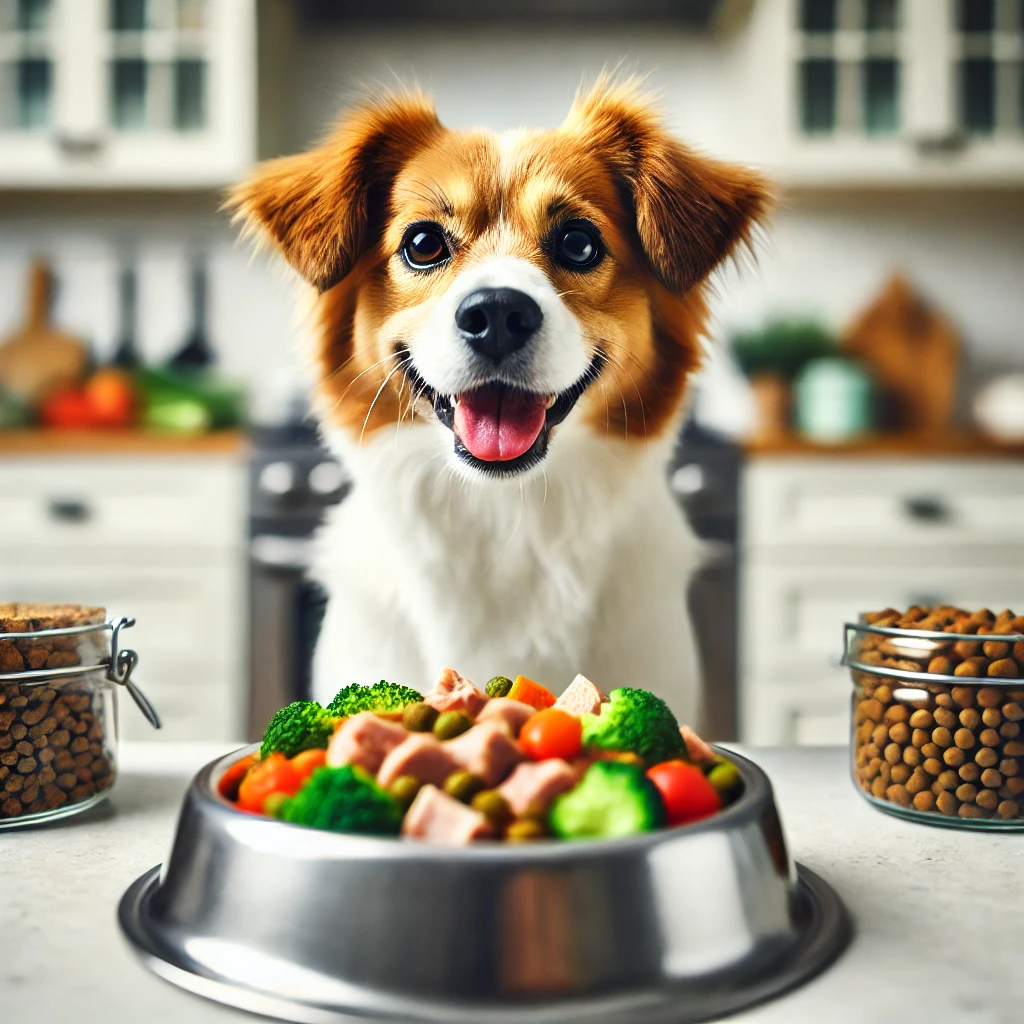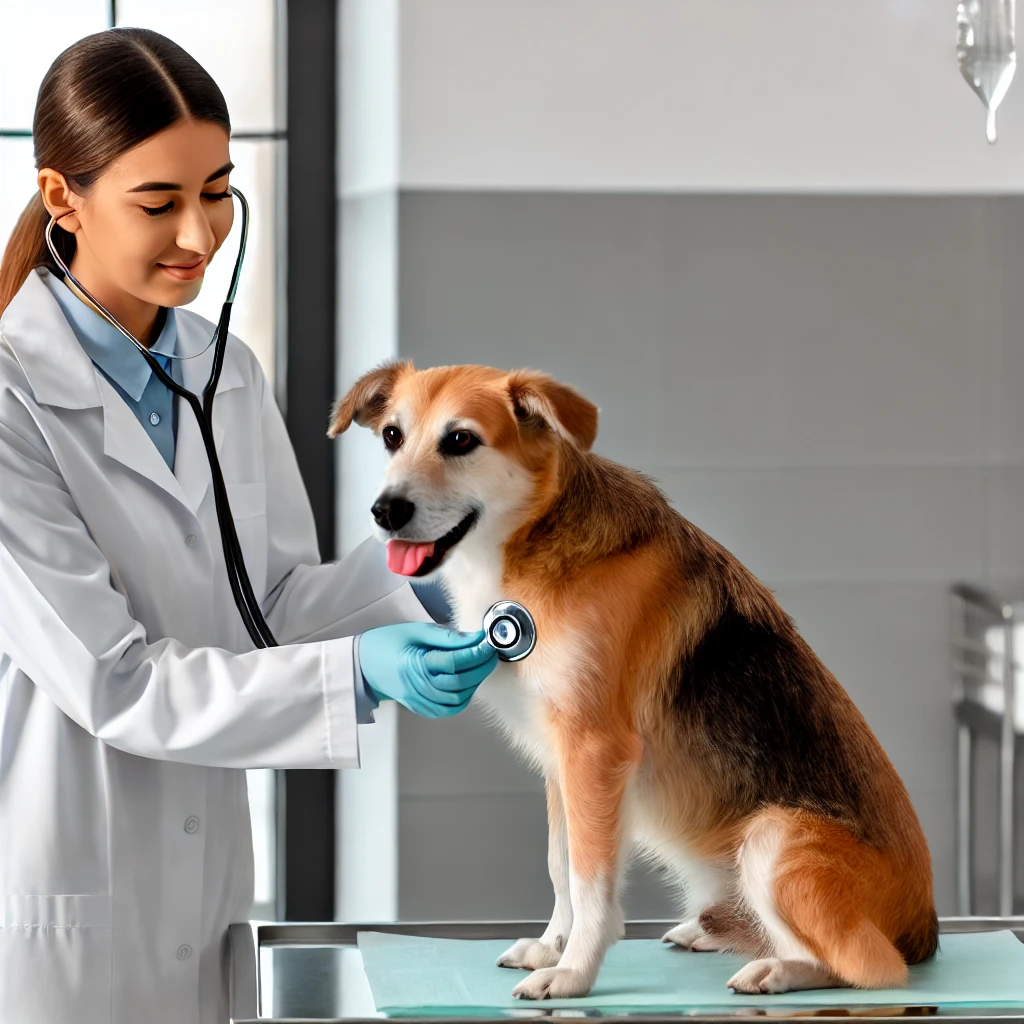Understanding dog nutritional needs is essential for maintaining your pet’s health and well-being. A balanced diet, tailored to your dog’s age, size, activity level, and health status, is key to ensuring they thrive. Proper nutrition impacts everything from your dog’s energy levels to the shine of their coat.

Understanding Your Dog’s Nutritional Needs
Every dog is unique, and their diet should reflect their specific nutritional needs. Puppies, for instance, require different nutrients compared to adult or senior dogs. Highly active breeds like Border Collies have higher caloric needs than less active breeds such as Bulldogs.
When selecting dog food, it’s crucial to choose one that meets the standards set by the Association of American Feed Control Officials (AAFCO). These standards ensure the food provides all the necessary nutrients for your dog’s growth and health. Opting for high-quality brands is important, as not all commercial dog foods are created equal. Always consult your veterinarian for recommendations tailored to your dog’s specific nutritional needs..
Special Considerations for Dog Nutritional Needs: Breed, Allergies, and Health Conditions
Certain breeds have unique nutritional needs. For example, large breeds like Great Danes benefit from diets that support joint health, while small breeds may need more calorie-dense food to sustain their energy levels. Additionally, some dogs suffer from food allergies or sensitivities, requiring special diets. If your dog has specific health conditions such as diabetes or kidney disease, your veterinarian can recommend a diet that helps manage these issues effectively.

Foods to Avoid for Optimal Dog Nutritional Needs
While it might be tempting to share your meals with your dog, it’s essential to remember that not all human foods are safe for them. Some foods, like chocolate, onions, grapes, and raisins, are toxic to dogs and can cause severe health problems. Feeding your dog table scraps can also lead to obesity and nutritional imbalances. Stick to dog-friendly treats and always ensure your pet has access to fresh, clean water.

Monitoring Your Dog’s Health and Nutritional Needs
Regularly monitoring your dog’s weight and body condition is crucial in maintaining a healthy diet. If you notice any changes in their weight, energy levels, or overall behavior, it might be time to adjust their diet to better meet their nutritional needs. Keeping an open line of communication with your veterinarian can help you stay on top of your dog’s nutritional needs and overall health.
Meeting Your Dog’s Nutritional Needs
Meeting your dog’s nutritional needs with a well-balanced diet tailored to their specific requirements is key to their long-term health and happiness. By considering factors such as breed, age, activity level, and any existing health conditions, you can ensure your dog receives the nutrition they need to thrive. Always consult with your veterinarian to create the best diet plan for your furry friend.